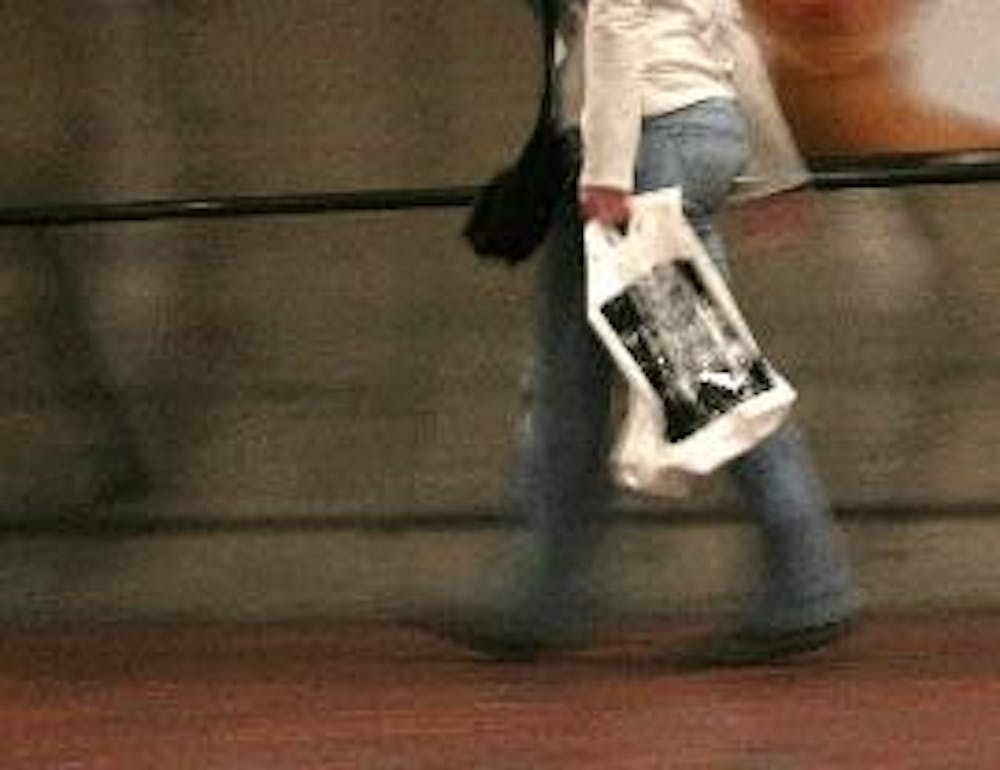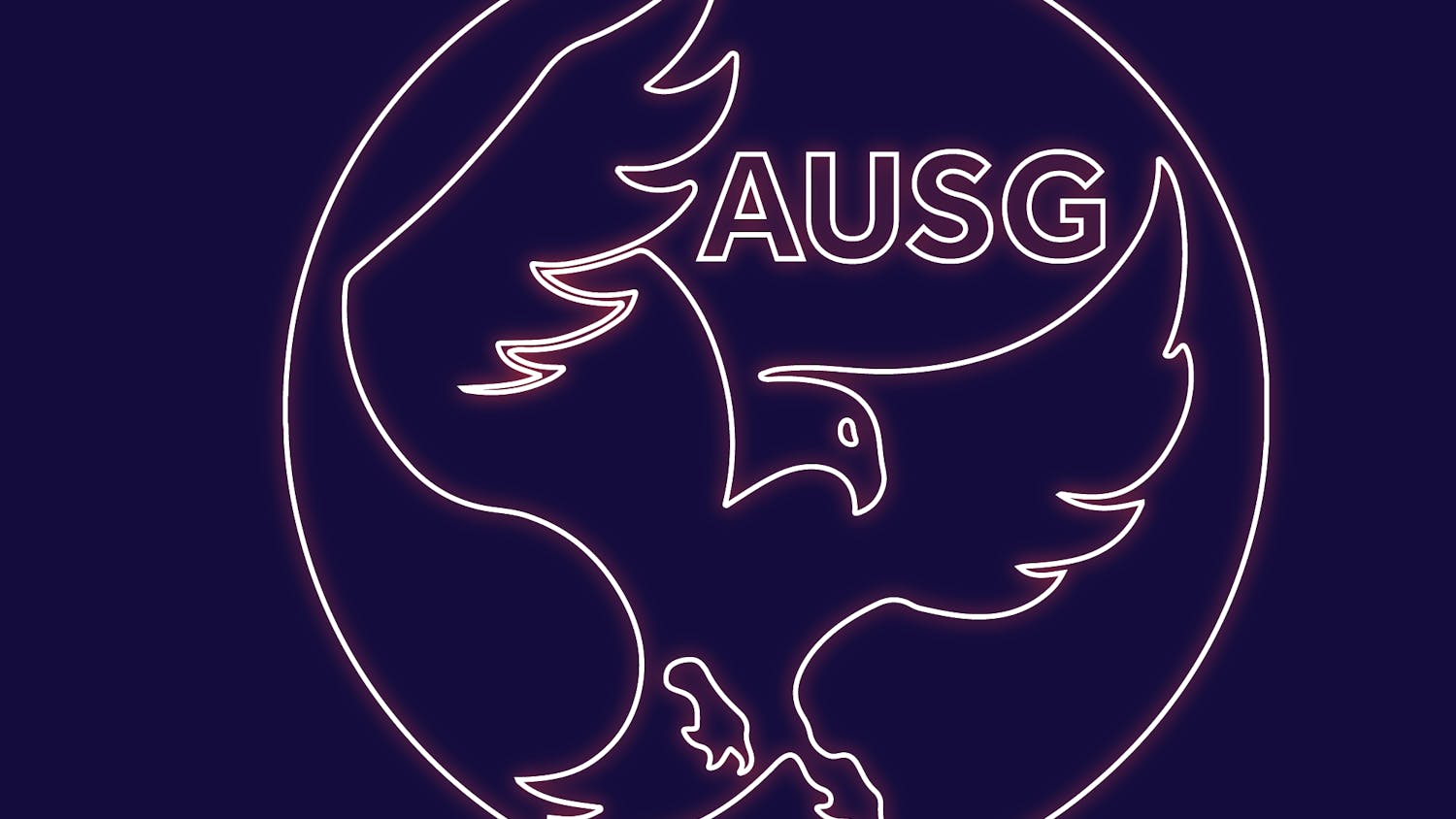Washington Metropolitan Area Transit Authority officials announced Oct. 27 they would immediately begin a random bag inspection program in which they would search passengers' bags, purses and backpacks prior to entering the Metro system, including the Tenleytown-AU stop.
The decision did not come in response to any specific threat, according to WMATA's media relations office. WMATA General Manager John B. Catoe Jr. had been considering the program for the past two years. The WMATA Board of Directors approved Catoe's decision Oct. 16.
Melissa Mahfouz, a freshman in the School of International Service, said she is concerned WMATA officials may do selective searches based on race.
"I am very skeptical about the program's efficiency and objectives," she said. "I think it will result in racial profiling."
Although the system is supposed to be random, some, including Mahfouz, think it would not be difficult for officers to pick and choose who they search.
Currently, 410 police officers work throughout the system. This number will not need to be increased due to the new security measures, despite the 1.2 million passengers every weekday. Officers will not be placed in every station every day, but will be distributed at the discretion of Metro authorities, according to WMATA media relations officials.
The bags will be checked before the riders get to the door. The bag check will be completely random and not at the discretion of the officers conducting the searches.
Eva Facando, a freshman in the School of Public Affairs said she thinks bag checks probably would not prevent violence on Metro.
"Even with this new search, it can still be easy for someone to bring weapons into the Metro," she said.
Alex LaBant, a sophomore in SIS, recently participated in a protest against the bag search at Dupont Circle with the group Flex Your Rights.
The new system is "ineffective" and "pointless," he said.
"The police have more important things they could spend their time on," LaBant said. "It's clearly in violation of our Fourth Amendment rights."
The Fourth Amendment states that searches must have probable cause, but the U.S. Supreme Court has steadily added exceptions to this amendment since the late 1970s. The Supreme Court has previously ruled that law enforcement officers may engage in unwarranted searches and seizures, provided that such practices appear reasonable, according to the court's ruling in the United States v. Ramsey.
The U.S. Court of Appeals' Second Circuit ruled in the case of MacWade v. Kelly in 2005 that the New York Police Department could search the belongings of passengers of the New York subway system based on the probable cause exception to the Fourth Amendment.
You can reach this writer at news@theeagleonline.com.





